
MOD Info
My Hotpot Story takes you into the world of gourmet food. In this game, you will play the role of a hot pot restaurant owner and run your own hot pot restaurant. By purchasing fresh ingredients and mixing unique soup bases and seasonings, you can create a variety of unique hot pot flavors. At the same time, you can also decorate and expand your restaurant to attract more customers to come and taste it. In the game, you need to interact with customers, listen to their needs, and provide quality service. By improving the quality of your menu and service, you can attract more customers and expand your business.
Game Highlights
1. You can experience a variety of business methods and enjoy various business methods.
2. Feel the fun and happiness of hot pot business and bring joy to people.
3. A variety of business methods are available for you to experience, and different base ingredients have different flavors.
Game features
Gameplay analysis: low playability, too casual
1) There is a simple plot at the beginning of the game, which is about the player acquiring a shop and opening a hotpot restaurant, and then a master chef serves as a chef to help us open the restaurant.
Before we can recruit store clerks, we need to manually order, wash dishes, serve dishes, check out, etc. However, this process is very short. After we quickly recruit the corresponding store clerks, we can start operating with our hands free. [There are not enough store staff at the beginning. If you want to speed up the process, you can also participate manually, which will be faster]
Although it is said to be a business simulation game, more of the content is actually for leisure. What we need to do is to recruit new store employees and upgrade the measures in the store.
Employees are divided into five categories: waiters, cashiers, side dishes, chefs, and greeters. The store is divided into a hot pot restaurant and a self-service hall, as well as the first and second floors. Some clerks are responsible for the cashier on the first floor, and some clerks are only responsible for the cashier on the first floor. I am responsible for the bottom of the pot. To be honest, I feel that if the content I am responsible for is specified by the game, the playability will be too low.
Where does it say that the recruited clerks can only be responsible for one task in one area? Shouldn't it be designed so that tasks are assigned by players, and then they have corresponding areas of expertise? If you want to strengthen the game, you can also increase favorability and friendship. What's the value? If you have to change jobs in the future, or if you retire at the end of your working life, you may need to take leave due to any unexpected events at home. At present, the playability of this purely linear development is not high in the early stage, and even lower in the later stage.
And if the purpose of game design is to provide a simple leisure development, so these contents are not deliberately designed, then to be honest, there are many similar business development and restaurant development games, except for new games. Guiyou does not have any advantage in the market.
2) There are some small easter eggs in the copywriting content in the game, such as the sweeping monk who claims to be a 25-year-old dishwasher. Foreign tourists often ask for photos when walking on the road. Everyone knows who the tribute is. There is also Master Dong who likes to be alone. His ears are injured and he needs to wear earmuffs for a long time. It is said that the real reason is to pretend not to hear others calling him. He comes to work in a hot pot restaurant to eat hot pot for free.
In addition to ordinary employees, the game can also recruit actors to perform and increase the restaurant's income. I don't know, it still feels limited. These actors are recruited for long-term performances. It would be better if it is designed to be a regular resident performance and requires repeated payment for recruitment. And you can also add some random time. For example, after a certain number of invitations, you will be given a free performance. For example, certain performances will be more effective during certain activities, or some business strategies may be added, such as what types of users will be attracted by martial arts performances, what side dishes will sell better at that time, etc.
Of course, many of the things mentioned above are content to increase the gameplay. If the development team itself wants to make a casual development game without so much content, then just think of me as nonsense. Because I know that developing each system requires construction time and cost, so if I just want to prepare to create a small-scale game first, I don’t know.
Game content: simple and pure, casual and idle
1) The star rating standard of the game is Iron→Tin→Copper→Silver→Gold→Diamond, and each level has three subsections. After promotion, you can get rank bonuses, such as the most basic checkout income and visitor probability, as well as the duration of offline income. That is to say, at the beginning, you will basically go online five or six times a day to receive rewards, and then you will go online two or three times a day to receive rewards.
In fact, I think it is better to increase the last one to 18 hours, and just go online once a day for conscientious leisure cultivation... Of course, the current 13 hours is also considered conscientious, but I think it is better to increase the income according to this level, and then The way to ensure that players can come online every day is really old-fashioned, and the game content is not enough from beginning to end. The rating is fixed, and there will be fewer and fewer listings in the future.
Why not design it so that the restaurant regularly participates in the rating, consumes expenses to maintain the rating, and at the same time improves the overall benefits brought by the rating?
In addition, regarding the rating of iron → tin → copper → silver → gold → diamond, to be honest, it’s ridiculous. You can just use the star hotel or SABCD rating. If you really want to use it, add a copper label, a silver label, and a gold label. Isn't something better?
2) The menu of the game is quite rich, divided into pot bases, dishes and dipping sauces. The pot bases are divided into: Sichuan and Chongqing hot pot, Northern hot pot, Minyue hot pot, Jiangsu and Zhejiang hot pot, Yungui hot pot and other hot pots. The dishes are: : Meat and vegetables, seafood, snacks and drinks, and there are more than 30 kinds of dipping sauces. Personally, I feel that a large part of the game's energy is focused on making recipes.
However, the recipes in the game are randomly developed from three kinds of props, which means that the dishes that can be developed depend entirely on luck and do not require any operation. All other furniture, including all the other furniture, can basically be bought with the money obtained from drilling. There is nothing that requires any operation or brainpower.
Krypton gold system: advertising revenue, non-mandatory krypton gold
The currency of the game can be obtained through advertisements, but there is no floating advertisement column on the homepage. Only when receiving rewards will a double pop-up appear. In addition, there is an entrance to the store to obtain currency through advertisements. It is said that the advertising revenue of this type of game mainly depends on the number of clicks, which is understandable in order to cover the research and development costs.
Moreover, after watching an advertisement for a certain number of times, it seems to cool down. This is still relatively restrained. The income of 4,500 currency from an advertisement is actually only a little enough in the early stage. If you don’t adjust in the middle and later stages, no one will be interested. .
Similar Apps

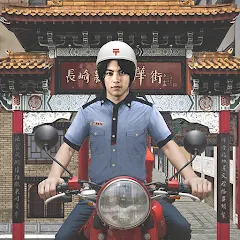

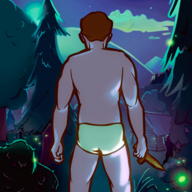
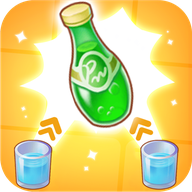

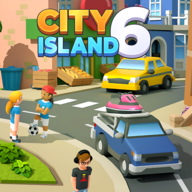
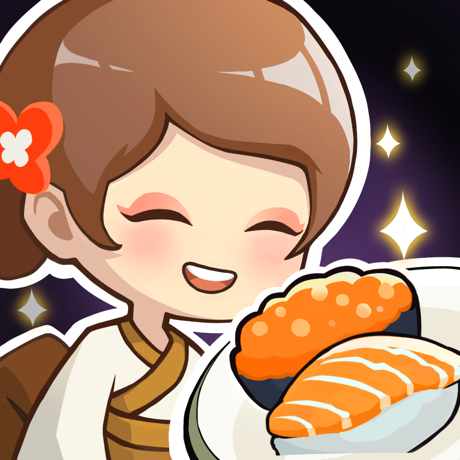
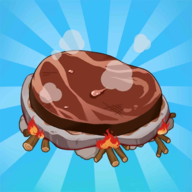

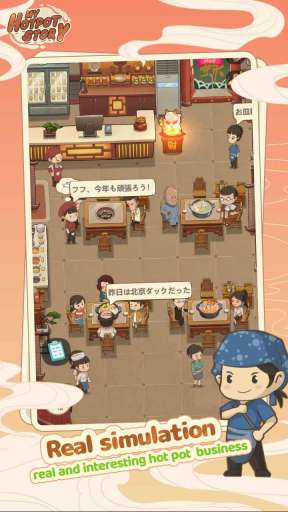
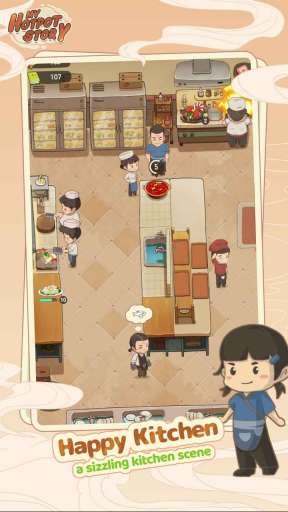



Preview: